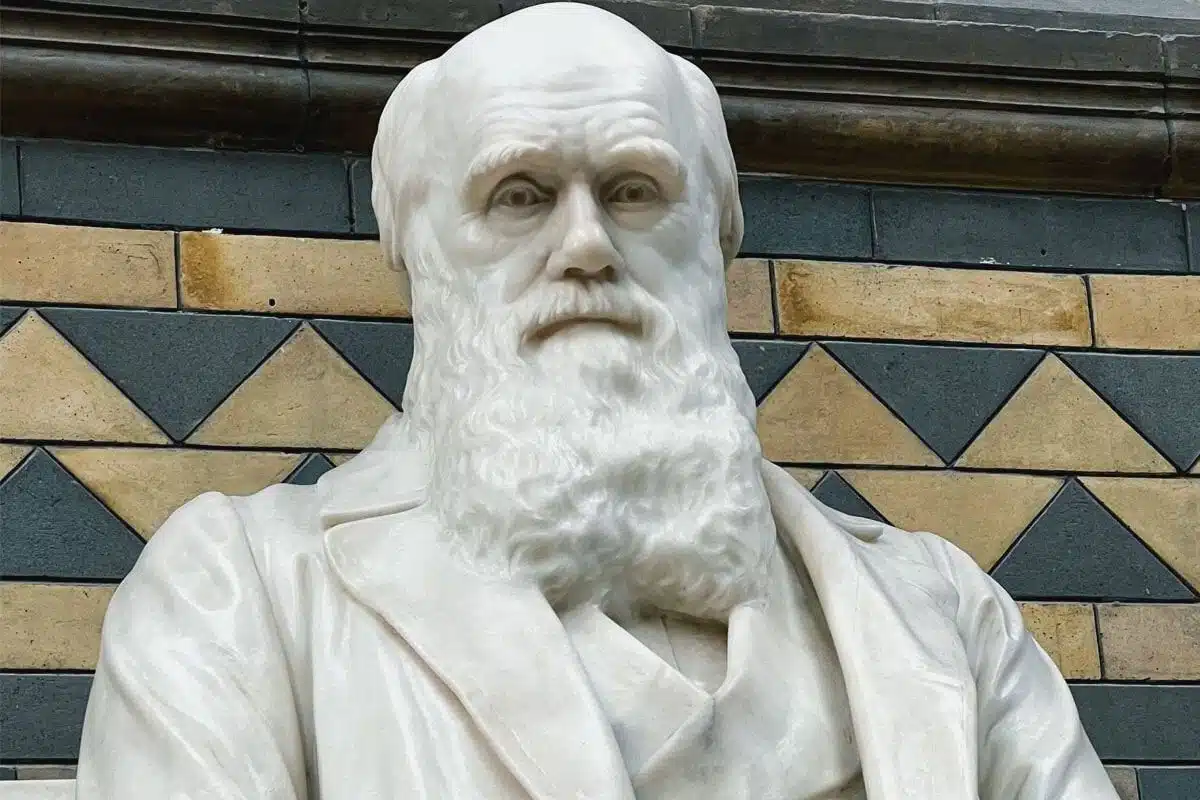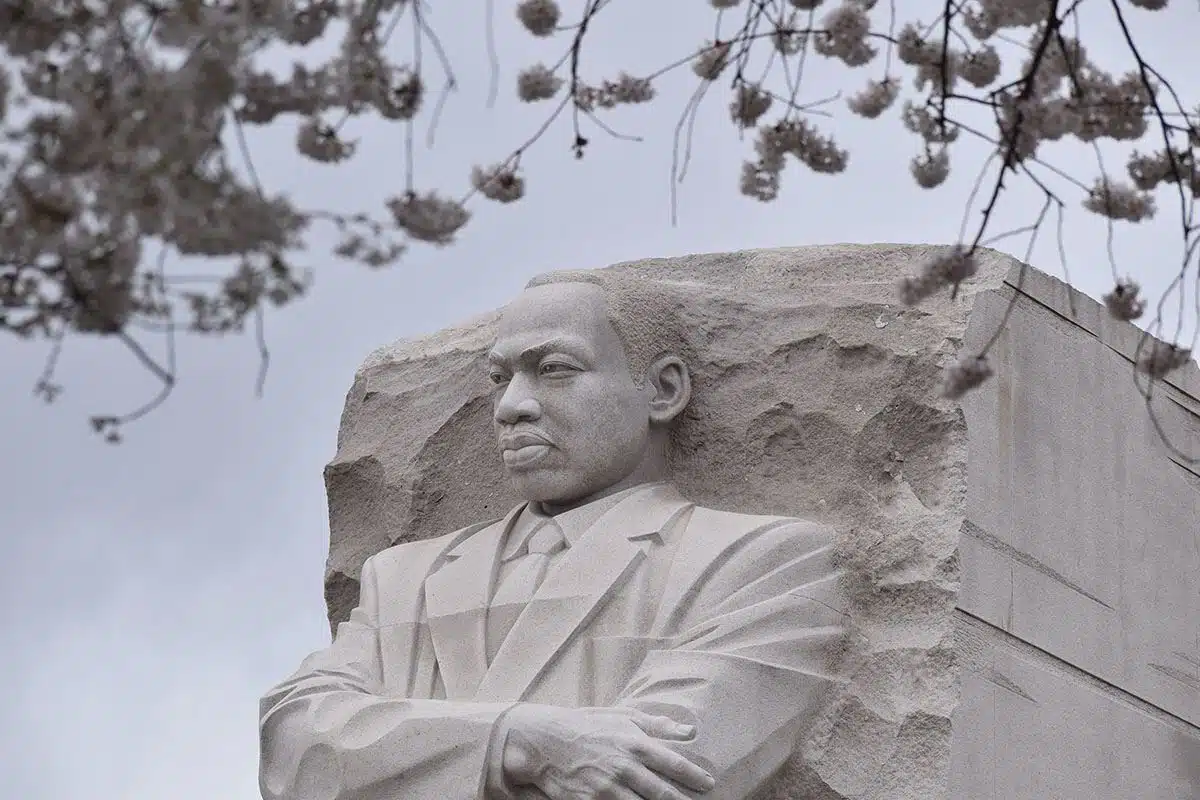
In search for examples of critical thinkers? I hope this post helps!
American entrepreneur Henry Ford famously said:
“Thinking is the hardest work there is, which is probably the reason so few engage in it.”
Of course, all of us think! Heck, researchers estimate that the average adult makes about 35,000 decisions every single day – all of which require a degree of thought.
No, it’s more likely that Henry Ford was talking about the type of thinking that critical thinkers do.
But what is critical thinking, exactly? Who are some examples of critical thinkers from the past and in modern society?
And what can we learn from them?
Let’s find out.
First up, what is critical thinking? The next section should help with the meaning of critical thinking…
Looking for Examples of Critical Thinkers? You might also like these posts:
- 100 Creative Hobbies to Take Up This Year
- Short Inspirational Thoughts For the Day
- 15 Inspirational Short Stories with a Moral
- The Story of the Thirsty Crow
- 100 Quotes on Believing in Yourself
- Insights on How to Encourage Someone
- 10 Tips on Growing Through What You Go Through
- 100 Quotes About Smiling Through Pain
- 100 Unforgettable Quotes about Happy Vibes
What Is Critical Thinking?
Critical thinking describes a scientific attitude of mind with the goal of reflective thought. It includes perceiving a problem, making an effort to solve it, and reaching a conclusion that’s supported by data.
Fun fact: The term itself was first used in the 1930s by the American education reformist John Dewey (more on him later).
Here are some examples of critical thinking in action:
- A triage doctor analyses different cases and decides which patient to treat first
- An architect evaluates different materials and decides which best fits a construction project
- A parent mediates an argument between their children, listening to both sides of the story before reaching a decision
- A business owner reads customer feedback forms and uses the information to create a new training plan for employees
- A lawyer reviews evidence to determine whether to pursue the case or settle out of court
- A professional boxer steps into the ring and evaluates the strengths and weaknesses of his opponent
As you can see, critical thinking applies not just to scientific theory and research but to every aspect of life.
It’s no wonder that employers value critical thinking as an essential soft skill in the workplace.
Next up: some of the major critical thinkers from history…
Past Examples of Critical Thinkers
The term ‘critical thinking’ might be a modern invention, but history is full of brilliant people who used these principles long before we had a name for it.
Here’s a rundown of major critical thinkers from history:
1. Confucius (6th century BC)
Confucius lived over 2,500 years ago in ancient China, but he’s still considered to be one of the most critical thinkers in human history.
Among his famous ancient texts about philosophy, he’s also credited with the original Golden Rule: “Do not do to others what you do not want to be done to you.”
2. Socrates (5th century BC)
One of the most famous Greek philosophers, Socrates challenged the common people to think for themselves and question… well, pretty much everything!
He suggested that even the best leaders were at risk of becoming irrational and making poor decisions, which might seem obvious today, but was a radical concept at the time.
3. Plato (5th century BC)
Socrates taught many students, but none of them were as influential as Plato.
He’s best remembered for founding The Academy – the ancient Greek centre for learning and philosophy, as well as his teachings on justice, equality, and beauty.
4. Aristotle (4th century BC)
Socrates taught Plato, and Plato taught Aristotle — one of the greatest students ever to study at The Academy.
Aristotle is best known for his theories about life, death, and the immortality of the soul, as well as his contemplations about the universe, nature, and creation.
5. Jesus (1st century CE)
The founder of Christianity and, depending on your beliefs, one of the most influential people to ever live, Jesus’ teachings focused on love, faith, and the Kingdom of God.
In his famous Sermon on the Mount, he also offered insightful advice on such subjects as honesty, integrity, fidelity, and spirituality.
6. Abu Nasr Al-Farabi (870-950)
Persian linguist, philosopher, and intellectual Abu Nasr Al-Farabi is called “The Second Teacher” (behind Aristotle) and is credited with introducing Greek philosophy to the Muslim world.
He’s also remembered for his contributions to mathematics, physics, music, ethics, and politics.
7. Saint Thomas Aquinas (1224-1274)
Born in medieval Italy, Saint Thomas Aquinas is recognised by the Roman Catholic Church as its most influential theologian and philosopher.
He expressed many then-radical ideas about God, spirituality, and the nature of truth, but he welcomed criticism and opposing viewpoints and championed fact-based reasoning.
8. Galileo Galilei (1564-1642)
Major advancements in physics, motion, mathematics, astronomy, the scientific method — you name it, Galileo gave it to us.
Many of his discoveries caused an uproar among the staunch religious circles of his day, but his personal motto was “a defender of truth in the face of ignorance.”
9. Rene Descartes (1596–1650)
French scientist, philosopher, and mathematician Rene Descartes is best remembered for his statement, “I think, therefore I am.”
He wrote extensively about the human mind and the senses, as well as our ability to accurately perceive and judge situations.
10. Sir Isaac Newton (1642–1727)
If there was one culminating figure from the 17th century Scientific Revolution, Sir Isaac Newton claims the title.
He was renowned for rigorously testing each of his theories, which led to the foundations of everything we now know about gravity, physical optics, and the laws of motion.
11. Benjamin Franklin (1706–1790)
Colonial America produced one of the greatest critical thinkers of all time — Benjamin Franklin. Printer, publisher, writer, inventor, scientist, and statesman, some of his most significant inventions include the lightning rod, bifocal glasses, swim fins, and the urinary catheter.
Another example of people from past with Critical thinking skills is Charles Darwin…
12. Charles Darwin (1809-1882)
English-born Charles Darwin is synonymous with his scientific theory of evolution, which shook the religious foundations of his day.
He was the first to suggest that humans and animals share a common ancestor and is best known for his research in the Galapagos Islands as well as his book The Origin of the Species.
13. Sarah Margaret Fuller (1810-1850)
American activist Sarah Margaret Fuller was well ahead of her time, challenging the traditional role of women in education, society, and employment.
She’s best known for her landmark book, Woman in the Nineteenth Century, as well as for being the first woman ever allowed to use the Harvard College library.
14. George Bernard Shaw (1856-1950)
Playwright, literary critic, Nobel Prize winner, and socialist propagandist, Irish-born George Bernard Shaw revolutionised the world of comedic drama.
His writing was deeply philosophical, focusing on social tensions at the time, and he drew criticism for being a devout pacifist and antiwar activist during the two World Wars.
15. John Dewey (1859–1952)
The first to coin the term ‘critical thinking’ in the world of education, American John Dewey believed that social reform needed to start in our schools.
He pioneered the concept of inquiry-based learning, which modern educators continue to use in schools and universities around the world.
16. Marie Curie (1867-1934)
Polish-born French physicist Marie Curie was the first woman to win a Nobel Prize and the only woman to win Nobel Prizes in two different fields (physics and chemistry).
She was one of the pioneers in the field of radioactivity and laid the way for our modern x-ray machines and various cancer treatments.
17. Albert Einstein (1879–1955)
Perhaps one of the greatest minds of all time, German-born Albert Einstein is synonymous with the world of physics.
He developed the theory of relativity and received the Nobel Prize in 1921 for his work on the photoelectric effect and electromagnetic radiation.
18. Edwin Hubble (1889-1953)
American astronomer Edwin Hubble wasn’t content with looking up at the stars — he wanted to understand the world beyond our planet (and even our galaxy).
He not only discovered galaxies beyond the Milky Way but also proved that the universe is expanding.
It’s no wonder they named the revolutionary Hubble Space Telescope after him!
Hunting for critical thinking examples from modern times? Here they are…
Modern Examples of Critical Thinking
Our journey through history has been fascinating, but what about modern times?
Here are more examples of critical thinkers from the 20th and 21st centuries.
19. Simone de Beauvoir (1908-1986)
A bold and even radical feminist, French author Simone de Beauvoir wasn’t afraid to challenge society’s view of the sexes.
Her book The Second Sex heralded gender equality and women’s individuality, paving the way for every modern women’s rights movement of the 20th century.
20. Noah Chomsky (born in 1928)
Regarded as the father of modern linguistics, US-born Avram Noah Chomsky started what’s now known as the “cognitive revolution.”
He’s best known for his work in the fields of language and cognitive psychology, with the view that language is uniquely human (and biologically based).
He’s also a political dissident who speaks out about US politics, foreign policies, and international culture.
21. Maya Angelou (1928–2014)
Famed author of I Know Why the Caged Bird Sings, American author Maya Angelou is best known for her writings that explore racism, economics, and sexual oppression.
She was also highly active during the American civil rights movement and spoke out fearlessly alongside other activists like Martin Luther King Jr and Malcolm X.
Familiar with Martin Luther King, Jr? He is included on our list of modern examples of critical thinking…
22. Martin Luther King, Jr. (1929-1968)
Leader of the civil rights movement that led to the end of racial segregation in America, Martin Luther King Jr was fearless in his nonviolent pursuit of equality.
He was awarded the Nobel Peace Prize in 1964 before sadly being assassinated in 1968.
23. Alasdair MacIntyre (born in 1929)
Scottish philosopher Alasdair MacIntyre is regarded as one of the greatest moral thinkers and activists of the 20th century.
He’s written extensively on the subjects of political philosophy, ethics, and theology and is best known for his book After Virtue.
His viewpoints range from traditional Marxism and Catholicism to Neo-Aristotelian theories.
24. Dian Fossey (1932-1985)
American zoologist and conservationist Dian Fossey spent decades in Africa and became the world’s leading expert on mountain gorillas.
She’s best known for her book Gorillas in the Mist and her courageous public battle against poachers.
Sadly, she was murdered by an unknown assailant (likely the poachers she struggled against) in Rwanda in 1985.
25. Amartya Sen (born in 1933)
Economist Amartya Sen has dedicated his life to solving the problems of poverty, famine, and economic disparity in his home country of India (and beyond).
He’s worked extensively on identifying and mitigating the causes of famine, as well as developing a more sophisticated system for measuring poverty.
In 1998 he won the Nobel Prize in Economic Sciences.
26. Stanislav Petrov (1939-2017)
He may not wear a superhero cape, but this man actually saved the planet from nuclear war.
On September 26, 1983, Soviet officer Stanislav Petrov saw a report of an incoming American missile strike.
Luckily for the world, Petrov used his critical thinking skills to determine the report was false and halt the nuclear counter strike, saving an estimated 2 billion lives in the process!
27. Stephen Hawking (1942–2018)
Few critical thinkers have impacted the world scientifically, socially, and culturally as much as Stephen Hawking.
Despite his lifelong battle with Lou Gehrig’s disease, Hawking’s work on theoretical physics, quantum mechanics, and the space-time continuum forever changed the world of science.
28. Elon Musk (born in 1971)
PayPal. SpaceX. Tesla. Twitter. Behind virtually every major scientific advancement and revolution of the 21st century, one name stands behind it — South Africa’s own Elon Musk.
He’s nowhere near finished, either, with projects such as the Boring Company (a tunnelling startup) and Neuralink (a brain-computer interface technology firm) also in the pipeline.
Harness Your Own Critical Thinking Skills
As we’ve discussed, critical thinking is hardly a modern development.
From early thinkers like Confucius and Socrates to the most brilliant minds today, these examples of critical thinkers have contributed untold wisdom to our society.
No, you may not singlehandedly halt a nuclear missile strike, but you can harness the power of critical thinking for yourself. Make it your personal goal to work on your critical thinking skills and you’re sure to experience success in all aspects of life!
What else do you need to succeed? How about a healthy dose of self-confidence?
Read this post next for some awesome quotes on believing in yourself and your own worth.




